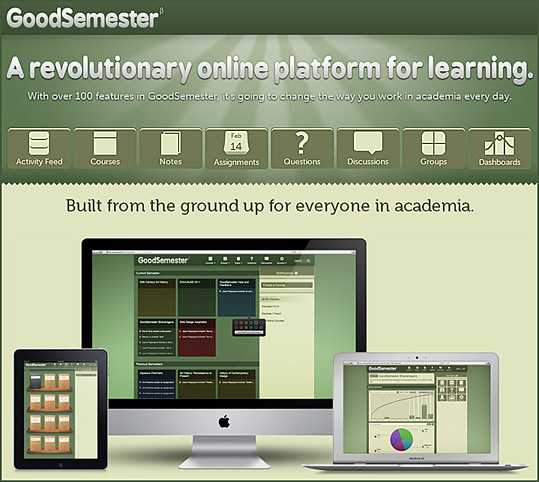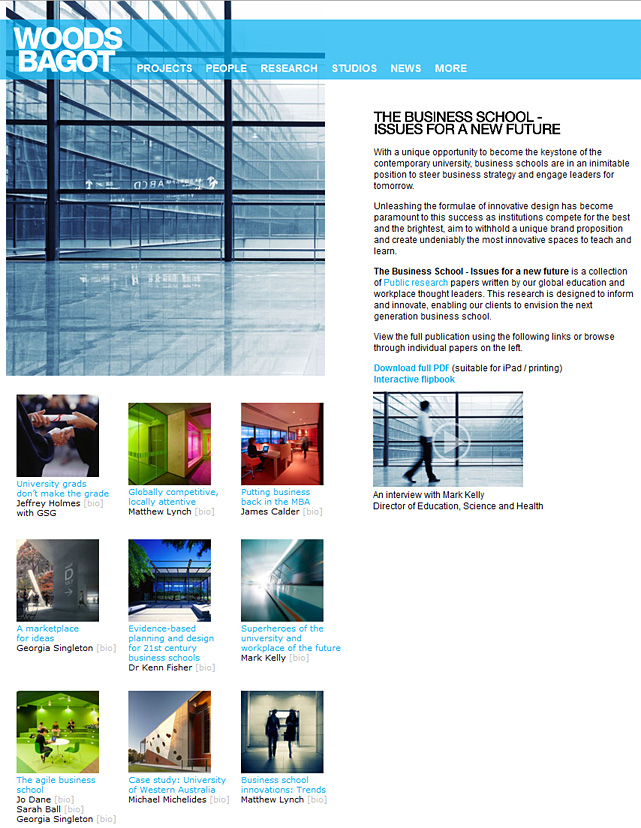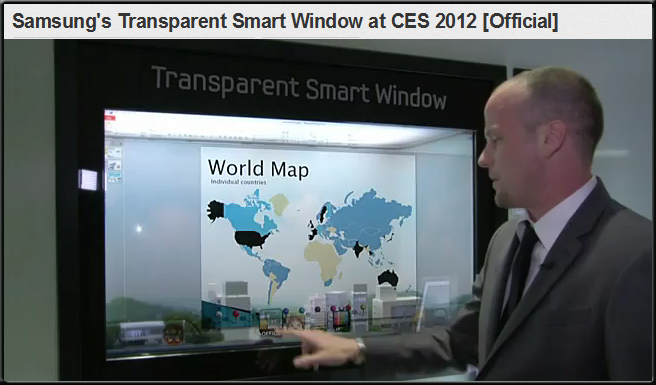10 findings that will shape students today for the workforce tomorrow — from GettingSmart.com by Dr. Tracey Wilen-Daugenti
Excerpt:
“Tomorrow’s Evolving Workplace” is from the upcoming book Society 3.0: How Technology Is Reshaping Education, Work, and Society, by Dr. Tracey Wilen-Daugenti (Lang, January 2012).
In the worst economy since the Great Depression, Californians are struggling to earn a living, get an education, and raise a family. How will we adapt to learn, work, and connect in the future? A new book with findings from Apollo Research Institute describes how businesses and workers will compete for jobs and opportunities in a global, technology-driven marketplace.
Below are just some of the findings…














![BusinessEurope-FutureOfIntTV-Feb9-2012 The future of internet TV [Europe]](http://danielschristian.com/learning-ecosystems/wp-content/uploads/2012/02/BusinessEurope-FutureOfIntTV-Feb9-2012.jpg)





